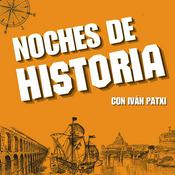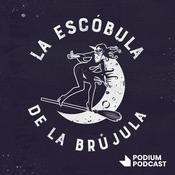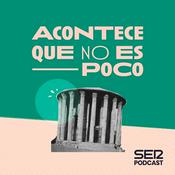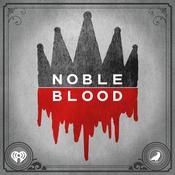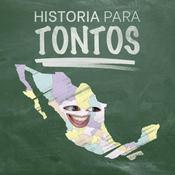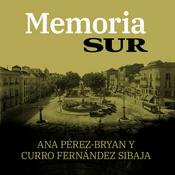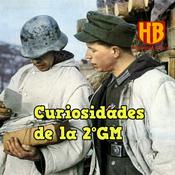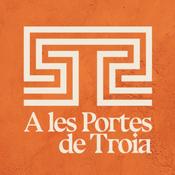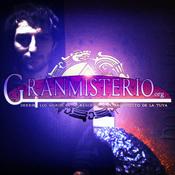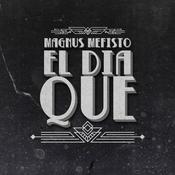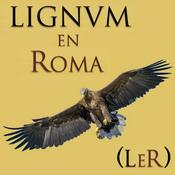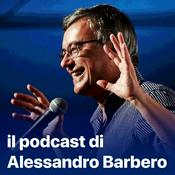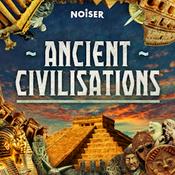165 episodios
- In this episode, we explore a problem that refuses to go away: the near-impossible task many immigrants in Spain face when trying to secure appointments for their NIE (foreign identity number) or TIE (foreign identity card).
Cybersecurity expert René Serral from UPC breaks down what is happening behind the scenes of the 'cita previa' appointment system – and what could be done to fix it.
Law professor Natalia Caicedo examines whether the Spanish government is meeting its legal obligations toward newcomers.
Honduran-born activist Carmen Juares describes how migrants are "treated as second-class citizens," calling the process of regularising legal status "a continuous obstacle course."
We also hear directly from Catalan News readers, many of whom got in touch to share their own experiences navigating the system.
With Lorcan Doherty and Oriol Escudé. - FC Barcelona are back home. After several false starts, Barça are once again playing their home fixtures at the iconic Spotify Camp Nou. After two and a half years away, fans are excited – and local businesses relieved – but the revamped stadium remains a work in progress.
The return to the Camp Nou marks the beginning of a new era for FC Barcelona. After a decade of financial woes, could it also prove to be the saving of the club?
Oriol Escudé and Cillian Shields join Lorcan Doherty to discuss why the overhaul was needed, the controversies surrounding the construction, and the matchday atmosphere at the newly redeveloped stadium.
We’ll hear from culers on the thrill of being back, local business owners on the boost to their trade, and a residents' group on concerns about disruption in the neighbourhood.
Get in touch with the podcast team: [email protected]
Listen to more episodes of Filling the Sink or find out more here. - Cillian Shields joins Lorcan Doherty to look back at life in Catalonia under the Franco dictatorship, the transition to democracy that followed, and the challenges that remain today, including uncovering mass graves, ongoing legal battles, and a resurgent far right among young people.
Andrew Dowling, Reader in Contemporary Spanish History at Cardiff University, explains how repression was felt in Catalonia during the dictatorship, and how that evolved over the decades of the regime.
Catalan photographer Pilar Aymerich, who not only lived through the historic transition to democracy of the late 70s but actively documented it, reflects on that pivotal moment in history.
The episode concludes by looking at the challenges that remain today, including ongoing efforts to uncover mass graves, stalled legal cases seeking justice, and the resurgence of the far right among young people. - It's a familiar scene across Catalonia: someone sitting outside a café, enjoying a coffee and smoking a cigarette. But it could soon be consigned to the history books, if Spain pushes ahead with a new bill banning smoking and vaping on terraces.
On this episode of Filling the Sink, Gerard Escaich Folch joins Lorcan Doherty to talk about Spain's proposed smoking law.
Catalonia's Secretary of Public Health, Esteve Fernández, and the head of the Association Against Cancer in Barcelona, Dr Laureano Molins, explain why the law on smoking needs to be changed, and what measures they would like to see included in the final version.
Joaquim Boadas, the secretary general of both FECASARM (Catalan Federation of Hospitality, Restaurants, and Nightclubs) and Spain Nightlife, outlines the hospitality sector's concerns over one of the most talked-about aspects of the legislation – a smoking ban for cafe, bar and restaurant terraces.
Plus, we hit the streets of Barcelona to find out what smokers and non-smokers alike think of the proposed legislation. - 'Tourist, go home!', 'Ban Airbnb', and even 'Stop brunch'. Some of the slogans you'll see graffitied around Barcelona, and on t-shirts and placards at the anti-tourism rallies that have made international headlines in recent years.
In our first video podcast, Filling the Sink looks at the latest strategy to make tourism work for the people who live here too: a shift toward so-called quality tourism.
Patricia Diez, professor at EAE Business School, and Eulogio Bordas, president of THR Innovative Tourism Consultants, share their insights on quality tourism – is it desirable, achievable, and how to make it work.
Carla Izcara, a researcher at Alba Sud, and José Mansilla, from UAB's Department of Social and Cultural Anthropology, offer a critical perspective on the promises and pitfalls of quality tourism.
Oriol Escudé joins host Lorcan Doherty to unpack the idea of quality tourism and what it means for Barcelona and Catalonia.
Más podcasts de Historia
Podcasts a la moda de Historia
Acerca de Filling the Sink
Little by little the sink fills up… Filling the Sink is a podcast in English on all things Catalan. Every month the Catalan News team explores a different aspect of Catalonia, from news and politics, to society and culture. Whether you live in Catalonia and need some of the current issues explained, or you’re simply curious about what makes this place tick. Either way, Filling the Sink has got you covered. Don’t worry if you don’t know much about this corner of land nestled between the Pyrenees and the Mediterranean. As they say in Catalonia, "de mica en mica, s‘omple la pica" - little by little, the sink fills up. Filling the Sink is a podcast from Catalan News.
Sitio web del podcastEscucha Filling the Sink, Noches de Historia y muchos más podcasts de todo el mundo con la aplicación de radio.es

Descarga la app gratuita: radio.es
- Añadir radios y podcasts a favoritos
- Transmisión por Wi-Fi y Bluetooth
- Carplay & Android Auto compatible
- Muchas otras funciones de la app
Descarga la app gratuita: radio.es
- Añadir radios y podcasts a favoritos
- Transmisión por Wi-Fi y Bluetooth
- Carplay & Android Auto compatible
- Muchas otras funciones de la app


Filling the Sink
Escanea el código,
Descarga la app,
Escucha.
Descarga la app,
Escucha.

